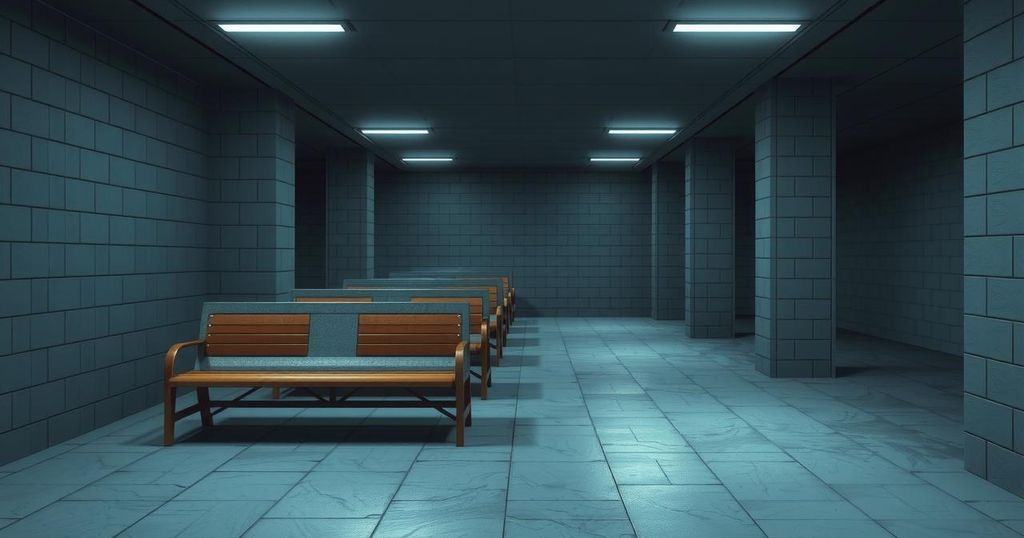Duterte Arrested Under ICC Warrant: Implications for Human Rights

Rodrigo Duterte was arrested at the Manila airport on March 11 under an ICC warrant for crimes against humanity related to his war on drugs. In a released video, he questions the validity of his detention. He faces a potential trial in The Hague, drawing international attention to the repercussions of his actions in office.
Rodrigo Duterte, the former President of the Philippines, was arrested on March 11 at Manila’s international airport after returning from Hong Kong. This arrest followed an International Criminal Court (ICC) warrant issued for his alleged crimes against humanity related to his administration’s aggressive anti-drug campaign. The controversial “war on drugs” during his presidency resulted in thousands of reported deaths.
In a video released following his arrest, Duterte expresses skepticism about the legitimacy of the charges against him. His remarks indicate his defiance amid the looming legal challenges he faces. With a potential trial at The Hague on the horizon, the international community is closely monitoring the situation. The implications of his case could be significant for both the Philippines and global human rights standards.
Former President Duterte’s arrest marks a significant development in the accountability for the alleged crimes committed during his administration. His forthcoming legal battles with the ICC could set important precedents regarding international human rights law. The case is not only pivotal for Duterte but also reflects ongoing global scrutiny of political leaders and their actions regarding human rights abuses.
Original Source: www.hindustantimes.com







